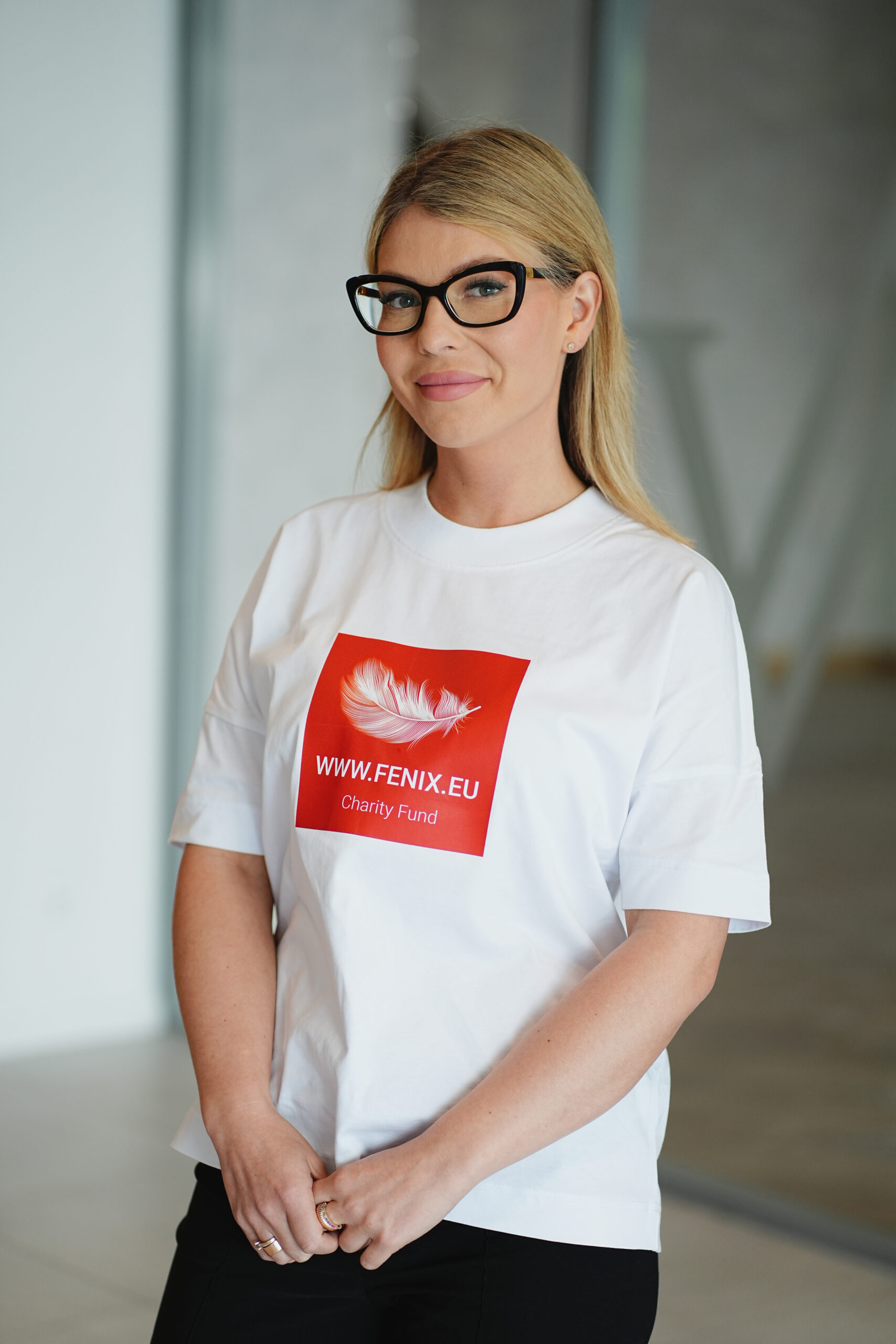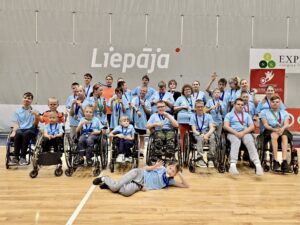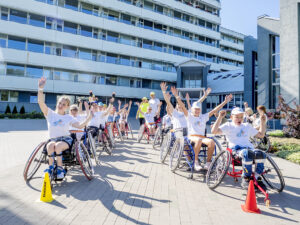Bridging Finance and Philanthropy: Agata Baj on Leading Fenix’s Mission
s start at the beginning—who is Agata Baj beyond the spreadsheets and balance sheets?
Agata Baj: Think of me as a financial whisperer with an avid green thumb. For the past seven years, I’ve been working in the fast‑paced world of finance, but I’m not just about numbers.
Today, I’m the director of the Fenix charity fund, where we initiate programs that give underprivileged children real opportunities, everything from special educational programs to healthcare equipment. It’s hands‑on work that keeps me grounded and reminds me every day why I got into this field in the first place.
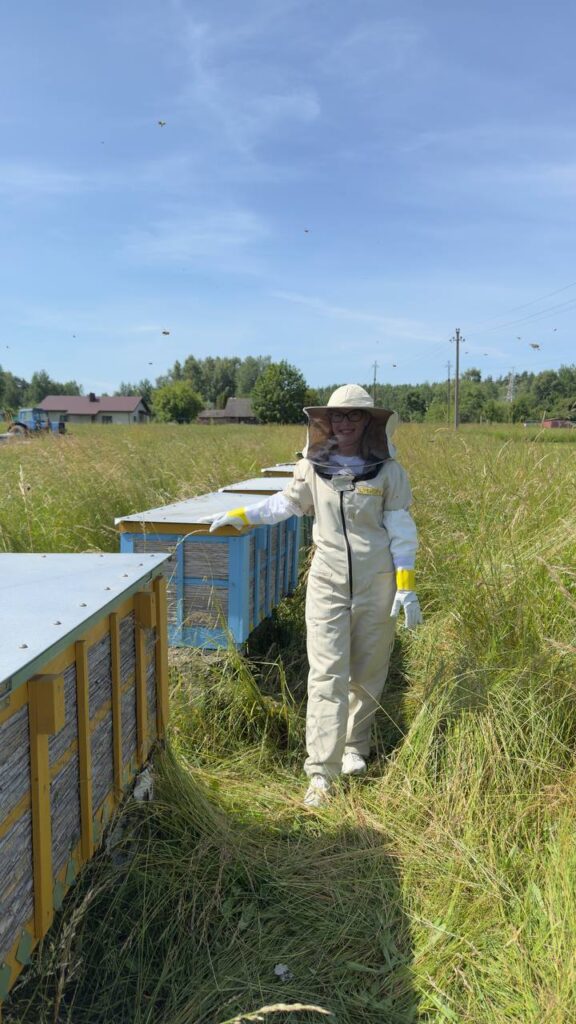
When I close my laptop, you’ll often find me swapping my office shoes for rubber boots. I’m a beginner beekeeper and have a small vegetable garden where I recharge. I’m especially proud of my homegrown tomatoes and cucumbers, which somehow taste like pure sunshine.
How did you end up running Fenix?
It’s in my nature to help people and I’ve been doing so on my own for many years, up until I realized I could do much more if I joined an organization. I began volunteering at Fenix simply because it felt right. It wasn’t long before, people were listening to my ideas, and eventually I was offered a director’s chair. Was I totally ready? Not at first. But with a team that truly had my back, every stumble turned into a lesson. Now, I wouldn’t trade this role for anything.
What is the Fenix fund’s main mission? What problem are you tackling and why is it important?
Our mission at Fenix is simple: support communities and lift up those who need it most. We focus on health and education, especially for kids and teens who often get the short end of the stick. When we invest in their well‑being and learning, we’re not just filling today’s gaps; we’re paving the way for future opportunities.
What’s your vision for the future? What challenges lie ahead?
I want Fenix to keep growing with sustainable projects, but I also hope to spark a culture of giving in Lithuania. Imagine if everyone realized that skipping just one cup of coffee could fund a child’s school supplies or a mentoring session. Right now, we don’t talk enough about why charity matters. My goal is for people to hear about Fenix and then pause to think about why lending a hand is worth it.
Can you tell us about one project you’re especially proud of?
Absolutely. We’ve had a wonderful fundraising campaign to provide state‑of‑the‑art incubators for Kauno Klinikos. It ensures that even the tiniest patients receive the critical care they need and caretakers have the tools to save more lives. And second, the creation of a two‑story sensory day center, a safe, welcoming space for children with complex needs. The center will offer therapy rooms, interactive play areas designed to spark genuine emotions, and a team of specially trained professionals. This particular project is entirely funded by generous individuals, which is amazing achievement, when you think about it.
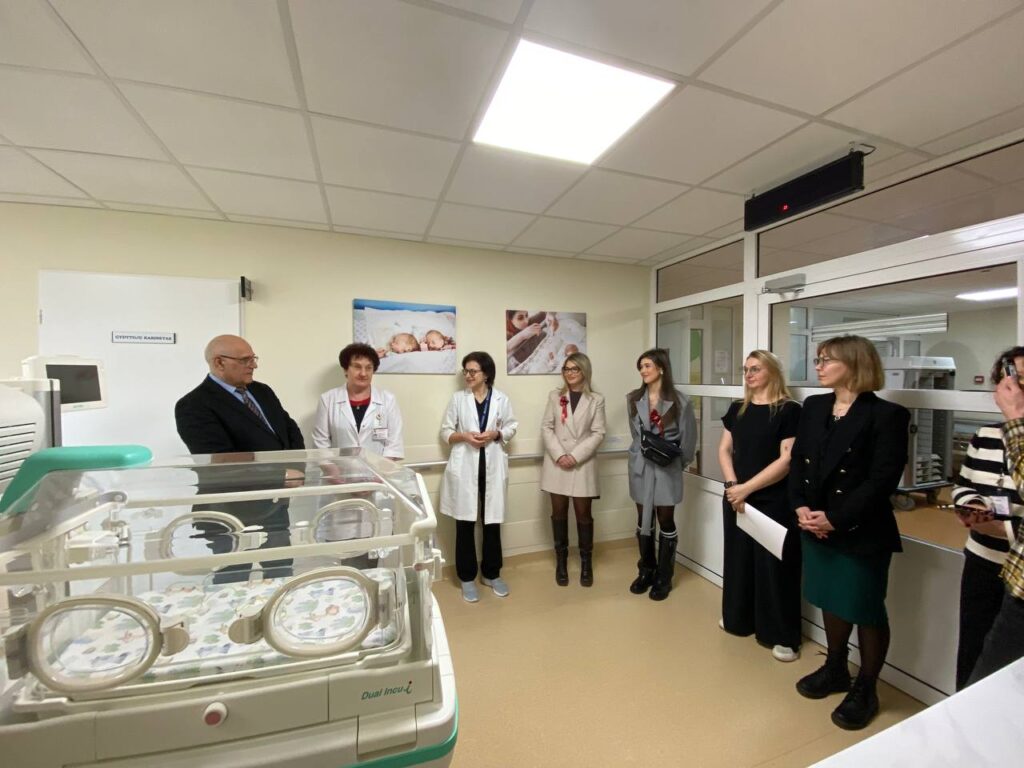
What are the biggest challenges in balancing business logic with your social mission?
One of our toughest tasks is shifting mindsets so that support for Fenix or any NGO becomes a year‑round habit, not just a holiday‑season goodwill gesture. We hope that in the future charitable contributions will become an integral part of more businesses.
How can we all contribute?
Simply visit our website, where you’ll find detailed information on each of our projects and a straightforward donation process that goes directly to Fenix—no third‑party platforms involved. Your support, big or small, helps us keep our programs running and reach more children and families in need.

